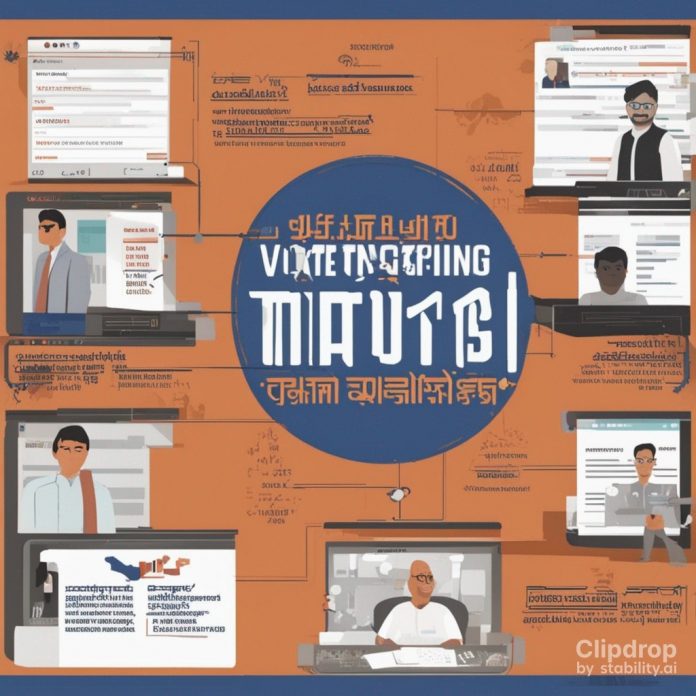Introduction
In the dynamic landscape of Indian politics, the quest for electoral success has always been a complex puzzle. To solve this puzzle, political parties are increasingly turning towards data analytics as a powerful tool for voter targeting. By analyzing vast amounts of data, parties can gain invaluable insights into voter behavior, preferences, and sentiments. This data-driven approach allows parties to tailor their messages, strategies, and campaigns to connect more effectively with their constituents. In this blog, we’ll explore how data analytics is revolutionizing voter targeting in Indian politics.
The Data Revolution
In recent years, India has witnessed a data revolution driven by factors like increased smartphone penetration, social media usage, and digital transactions. This has resulted in an unprecedented influx of data, providing a goldmine of information that political parties can tap into. Data analytics involves the systematic analysis of this information to identify patterns, trends, and correlations that can help parties understand voter behavior.
Segmentation and Micro-Targeting
One of the key advantages of data analytics in politics is the ability to segment the electorate. Rather than adopting a one-size-fits-all approach, political parties can divide the population into smaller groups based on demographics, socio-economic factors, and past voting behavior. This segmentation allows parties to create tailored messages that resonate with specific groups of voters. For instance, a party might focus on different issues when targeting urban millennials compared to rural farmers.
Predictive Modeling
Predictive modeling is a crucial aspect of data analytics in politics. By analyzing historical data, parties can develop models that predict how different segments of the population are likely to vote in upcoming elections. These models take into account various factors such as economic indicators, social issues, and candidate profiles. Armed with these predictions, parties can allocate resources more efficiently and design strategies that cater to the most influential segments.
Sentiment Analysis
Social media has become a powerful platform for political discourse in India. Data analytics tools can perform sentiment analysis on the vast amounts of social media data generated daily. This analysis helps parties gauge public opinion on specific policies, candidates, and issues. By understanding sentiment, parties can adjust their messaging in real-time, capitalizing on positive responses and addressing negative feedback promptly.
Real-Time Monitoring and Response
Data analytics also enables real-time monitoring of election campaigns. Through live tracking of events, news cycles, and public sentiment, parties can make agile adjustments to their strategies. If a particular message is gaining traction, they can amplify it. If a misstep occurs, they can quickly pivot and control the narrative. This agility is essential in today’s fast-paced political environment.
Challenges and Ethical Considerations
While data analytics holds immense potential, it comes with challenges and ethical considerations. Ensuring data privacy and security is of utmost importance. Additionally, there is a risk of creating echo chambers by exclusively targeting specific voter groups, which could further polarize the political discourse. Striking a balance between data-driven strategies and inclusive democratic principles is essential.
Conclusion
Data analytics has ushered in a new era of precision in voter targeting for Indian political parties. By harnessing the power of data, parties can understand their electorate better than ever before, optimizing their strategies and increasing their chances of electoral success. However, it’s crucial to remember that data analytics is a tool that must be wielded responsibly, ethically, and with an unwavering commitment to the democratic process. As technology continues to advance, political parties must adapt their strategies while upholding the principles that underpin the world’s largest democracy.

